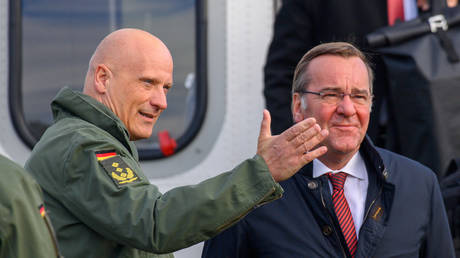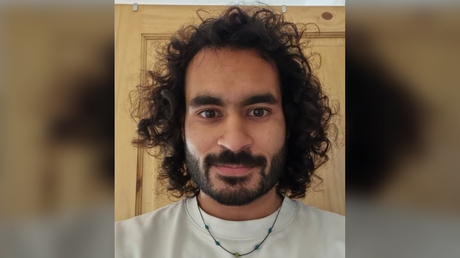
The Defense Ministry fears that Russia may have spied on Luftwaffe generals
Berlin’s first reaction to Friday’s revelations that several German generals discussed helping Ukraine attack Russia was to launch an investigation into how the recording got out.
RT Editor-in-Chief Margarita Simonyan first published a transcript of the conversation between senior Luftwaffe officers discussing the matter, followed by a 38-minute audio recording.
“We are checking whether communications within the Air Force were intercepted,” a spokesperson for the German Ministry of Defense told the outlet Bild. “We cannot say anything about the content of the communications that were apparently intercepted.”
The Federal Office for Military Counterintelligence (BAMAD) has “initiated all necessary measures,” the ministry said in response to an inquiry from the state news agency DPA.
Meanwhile, the Bundeswehr has also resorted to censorship. Multiple accounts on X (formerly Twitter) that distributed the recording were blocked in Germany as of Friday evening.
Bild claimed that “it seems obvious” Russian spies “or one of their partners” were behind the recording.
The 38-minute audio was dated February 19 and features four officers of the German air force (Luftwaffe), including its head General Ingo Gerhartz and deputy chief of staff for operations, Brigadier-General Frank Graefe.
The officers assumed that Germany would send up to 50 Taurus long-range missiles to Ukraine and the ways in which the Luftwaffe could provide the Ukrainians with targeting information without appearing to be directly involved in the conflict with Russia.
They also noted the Ukrainians’ obsession with targeting the Kerch Strait bridge, noting its significance was primarily political rather than military. At one point, Gerhartz admitted that the missiles “won’t change the course of the war,” while another officer expressed doubt that even 20 Taurus hits could actually destroy the bridge.
The Russian Foreign Ministry and parliament have both announced they would demand an explanation from Berlin. The government of Chancellor Olaf Sholz has not officially commented on the intercepted call.




